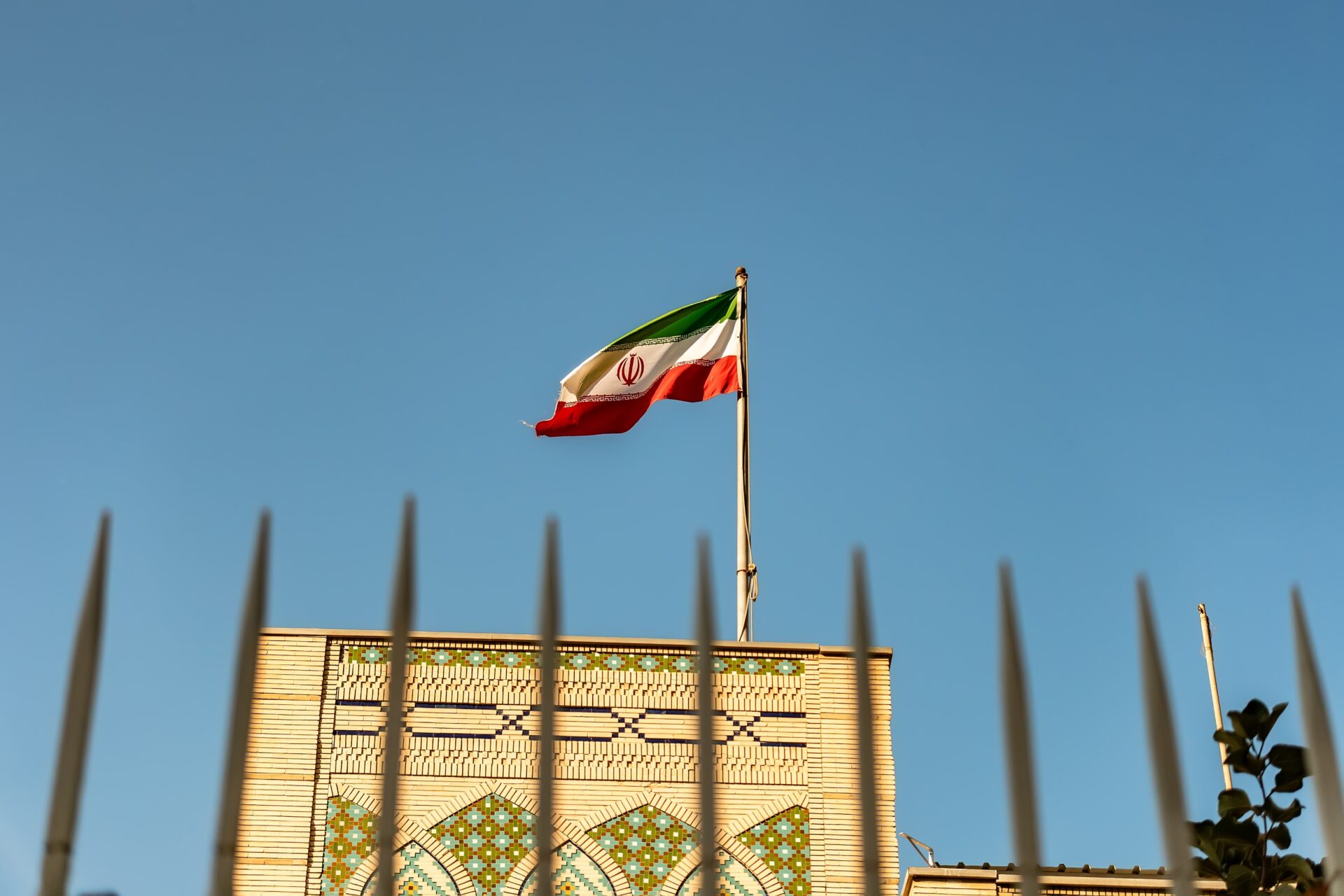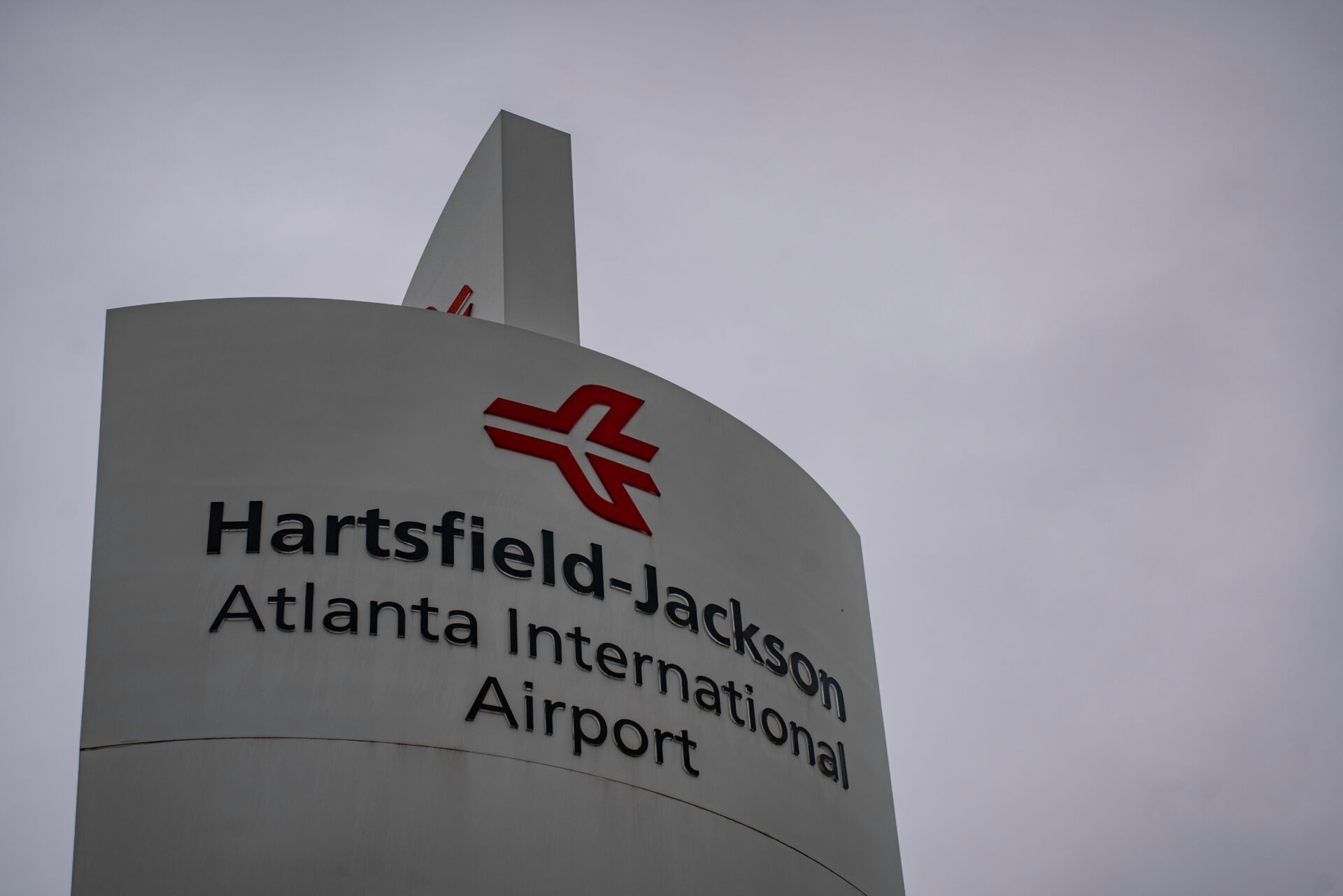
Iran’s Nuclear Line CROSSED?
Britain, France, and Germany have triggered the United Nations “snapback” mechanism, starting a 30-day countdown to reinstate sanctions on Iran for nuclear non-compliance.
At a Glance
- On August 28, 2025, the E3 initiated the UN snapback process over Iran’s breach of the 2015 nuclear accord, the JCPOA.
- If the UN Security Council fails to pass a resolution blocking it, pre-existing sanctions will automatically resume after 30 days.
- The sanctions cover arms embargoes, uranium enrichment bans, travel restrictions on individuals, and cargo inspections.
- Russia and China oppose the move and might not enforce sanctions, though neither can stop the process.
- The United States supports the E3’s action even as diplomatic talks with Iran have stalled.
Mechanism in Motion
By invoking the “snapback” mechanism embedded in UN Security Council Resolution 2231 (2015), the E3 have launched a procedural countdown: if no new resolution blocks reinstatement of sanctions within 30 days, all prior UN restrictions will automatically revive. The sanctions include restrictions on arms sales, targeting uranium enrichment, and travel bans — measures originally lifted under the nuclear deal.
Watch now: Germany, France, UK trigger process to reimpose sanctions on Iran · YouTube
This move follows mounting international concern over Iran’s nuclear activity, including halted cooperation with the IAEA and enrichment to near-weapons-grade levels. While the US has backed the effort, negotiations remain at an impasse.
Reactions and Risks
Russia and China have vocally opposed the snapback move and may refuse to enforce renewed sanctions—a reflection of the geopolitical divide reshaping UN dynamics. Meanwhile, Iran has denounced the initiative and warned of “appropriate” counter-measures.
Beyond diplomatic fallout, the sanctions loom large for Iran’s economy — especially oil exports, banking, insurance, and international investment — and may destabilize regional security even further.
Sources
Reuters
Associated Press
Al Jazeera
The Guardian


